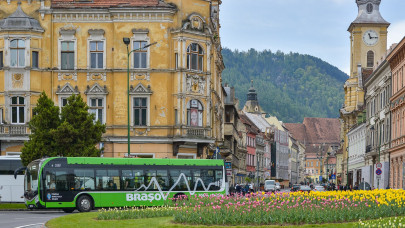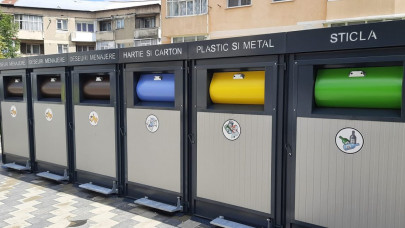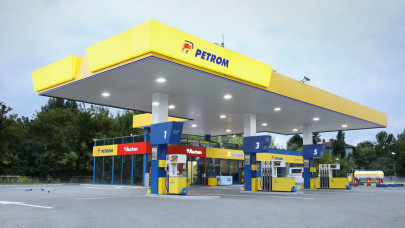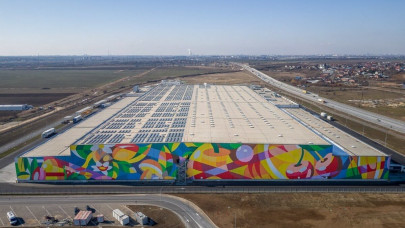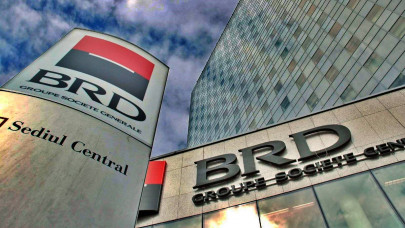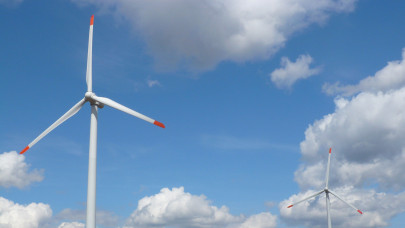Unsanitary buildings leave huge ecological footprints and are costly to the entire community, not just through wasted energy, but also through increased healthcare costs and decreased productivity, according to research by Velux. Thus, the renovation of buildings in the direction of energy efficiency and sustainability directly impacts the quality of life and contributes to the significant reduction of costs associated with energy.
In addition, the renovation process can create jobs and boost local economies.
Currently, 1 in 3 Europeans suffer from a hazard associated with the indoor climate, including lack of natural light, cold, noise, dampness, and mold, and the consequences of unrenovated buildings are felt on a social scale: from increased health care costs to decreased productivity, high energy consumption.
According to the latest UN report, despite increased investment in energy efficiency and reductions in energy intensity, energy consumption, and CO2 emissions in the buildings and construction sector have returned to record levels after the COVID-19 pandemic.
According to the Velux study, reducing indoor climate risks through the appropriate renovation of buildings would generate total savings of over €6.3 billion for Romania by 2050, as follows: €801 million for healthcare expenses, €425 million for health and productivity, €2.4 billion for schools and €1.3 billion and €1.4 billion respectively for offices, due to increased productivity in buildings with better ventilation and more natural light.
Taking these indicators into account for all EU member states, Europe's total savings by 2050 amount to €608 billion.
Furthermore, reducing exposure to dampness and mold and addressing the lack of natural light in residential buildings generates welfare benefits estimated to be equivalent to around €100 billion per year in EU countries.
The study also shows that the economic benefits of renovations can be measured not only in the context of residential properties: increasing the ventilation speed in offices by 1 l/s can generate net savings of €189 million for Romania by 2050, and can reach up to €1.3 billion if the ventilation rate is significantly increased (7 l/s). Adequate housing also impacts young people: increasing the ventilation rate per person in Romanian schools can produce savings of up to €2.4 billion in 2050 if the ventilation rate exceeds 3 l/s.
"We need healthy buildings for a sustainable society. The impact of the renovation is multiple, from energy efficiency to climate protection, healthier and more productive Romanians, and care for our children, who deserve to go to school safely and live in healthy homes. Moreover, let's not forget the impact at the level of the local economy: both the renovations and the construction of new buildings create jobs and support local businesses, contributing directly to individual and social well-being", said Noemi Ritea, Market Director Velux Romania and Moldova.



